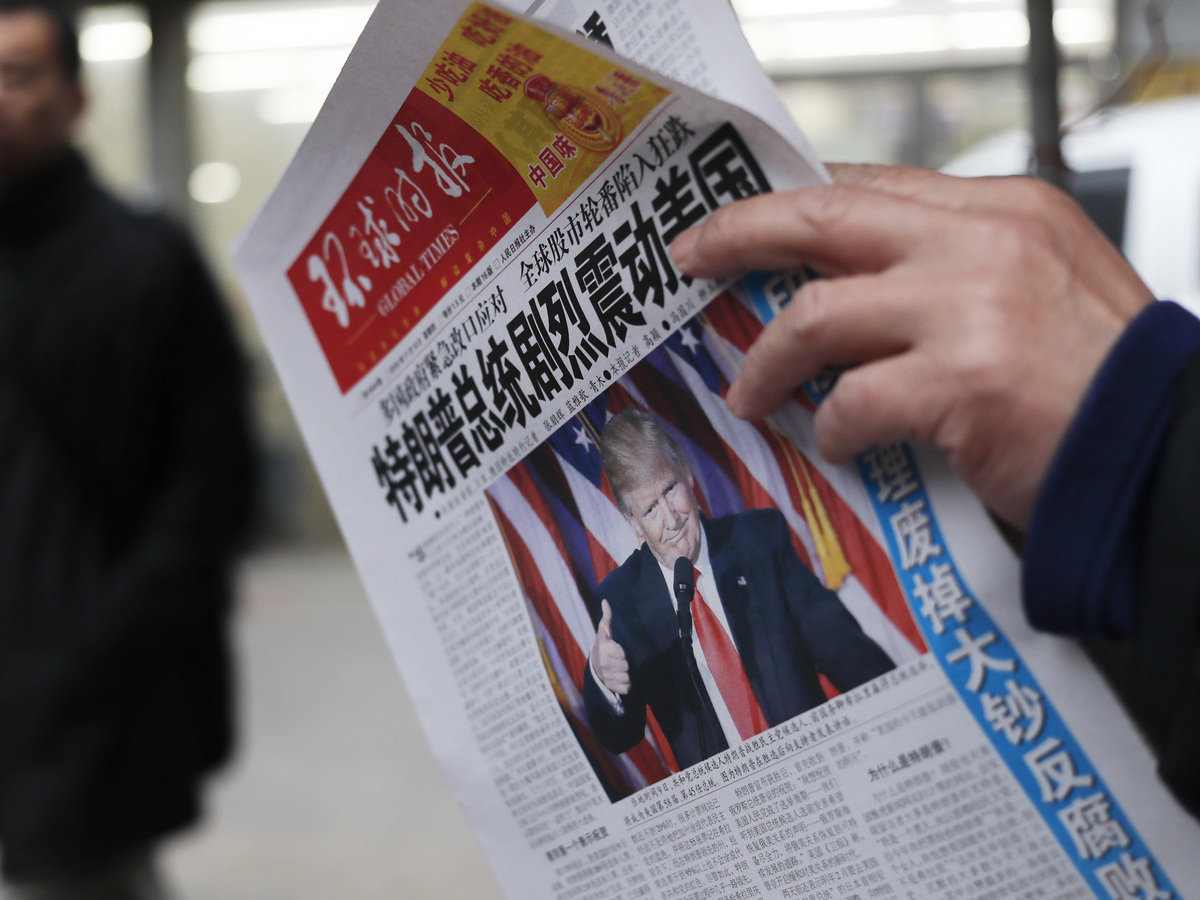Stock Market Volatility: Amsterdam Down 7% On Trade War Worries

Table of Contents
The Impact of Trade Wars on Global Markets
Trade wars create a climate of global market uncertainty, significantly impacting stock markets worldwide. The mechanism is relatively straightforward: when countries impose tariffs or other economic sanctions, it disrupts international trade. This disruption leads to several negative consequences. For example, the ongoing US-China trade dispute has created considerable instability. The ripple effect is substantial; a trade dispute between two major economies can have far-reaching consequences, impacting seemingly unrelated markets like Amsterdam. The uncertainty surrounding future trade relations discourages investment, impacting business confidence and ultimately affecting stock prices.
- Increased uncertainty leads to decreased investment. Investors become hesitant to commit capital in an unpredictable environment.
- Supply chain disruptions affect businesses' profitability. Tariffs and trade barriers increase the cost of goods and services, reducing profit margins.
- Investor sentiment shifts from bullish to bearish. Negative news surrounding trade wars fuels pessimism, leading to widespread selling.
These factors contribute to market instability, creating a volatile environment for investors in global markets. Keywords such as international trade disputes, economic sanctions, and market instability help to clarify the scope of this complex issue.
Amsterdam's Specific Vulnerabilities
Amsterdam's economy, like many European economies, is significantly intertwined with global trade. This dependence makes it particularly vulnerable to the effects of trade wars. The Dutch economy, a significant player in the European Union, relies heavily on export-dependent businesses. Sectors like technology and those focused on international exports are especially sensitive to the imposition of tariffs and trade restrictions. The AEX index, a key indicator of the Amsterdam stock market, reflects this vulnerability directly. Furthermore, fluctuations in the Euro compared to other major currencies can further exacerbate the market's response to global instability.
- High reliance on international trade makes it vulnerable to trade disruptions. Any disruption to global trade flows directly impacts Amsterdam’s economy.
- Specific industries’ exposure to tariffs and trade restrictions. Industries heavily reliant on international trade face immediate challenges.
- Potential for currency devaluation affecting investment returns. A weakening Euro can negatively impact the value of investments held in the Amsterdam stock market.
Understanding these specific vulnerabilities is crucial for investors looking to understand the market fluctuations within the Amsterdam stock market.
Strategies for Navigating Stock Market Volatility
Navigating stock market volatility requires a proactive approach to risk management and a well-defined investment strategy. Diversification is key; spreading investments across different asset classes and geographical regions mitigates the risk associated with any single market downturn. Closely monitoring key economic indicators and news related to trade wars is also essential. Reliable resources for this include financial news outlets, government reports, and economic analysis firms.
Remember, successful investing often involves a long-term perspective. Short-term market fluctuations, while concerning, are less impactful on long-term investment goals. Patience and a well-defined plan are paramount.
- Diversify investment across different asset classes and geographies. Don't put all your eggs in one basket.
- Monitor key economic indicators and news related to trade disputes. Stay informed about potential market-moving events.
- Maintain a long-term investment horizon to weather short-term volatility. Don't panic sell during market downturns.
- Consider seeking professional financial advice. A financial advisor can help you develop a personalized strategy.
These strategies offer practical ways to mitigate risk and pursue sound financial planning in the face of market fluctuations.
Conclusion: Staying Informed on Amsterdam Stock Market Volatility
The recent 7% drop in the Amsterdam stock market highlights the significant impact of global trade wars on even seemingly insulated markets. Understanding the interplay between international trade disputes and market fluctuations is critical for investors. Amsterdam's economic structure, with its heavy reliance on international trade, makes it particularly susceptible to these external shocks. By staying informed about global economic events, diversifying investments, and adopting a long-term perspective, investors can navigate the uncertainties of the global market more effectively.
Stay informed about Amsterdam stock market volatility and implement sound investment strategies to navigate the uncertainties of the global market. Understanding and adapting to these risks is crucial for making informed investment decisions and achieving long-term financial success.

Featured Posts
-
 Hollywood At A Standstill The Combined Actors And Writers Strike
May 24, 2025
Hollywood At A Standstill The Combined Actors And Writers Strike
May 24, 2025 -
 Horoscopo Guia Semanal Del 1 Al 7 De Abril De 2025
May 24, 2025
Horoscopo Guia Semanal Del 1 Al 7 De Abril De 2025
May 24, 2025 -
 From Grace To Disaster 17 Celebrity Reputations Ruined In A Flash
May 24, 2025
From Grace To Disaster 17 Celebrity Reputations Ruined In A Flash
May 24, 2025 -
 Amundi Msci World Ex Us Ucits Etf Acc A Comprehensive Guide To Net Asset Value
May 24, 2025
Amundi Msci World Ex Us Ucits Etf Acc A Comprehensive Guide To Net Asset Value
May 24, 2025 -
 Airplane Safety Understanding The Reality Of Close Calls And Crashes
May 24, 2025
Airplane Safety Understanding The Reality Of Close Calls And Crashes
May 24, 2025
